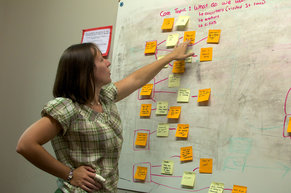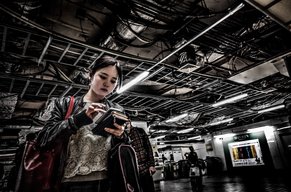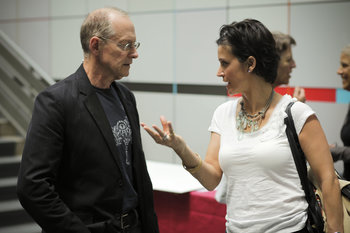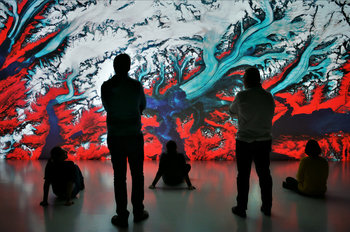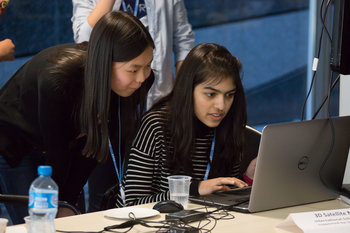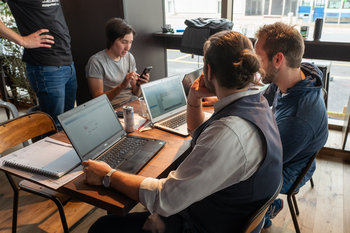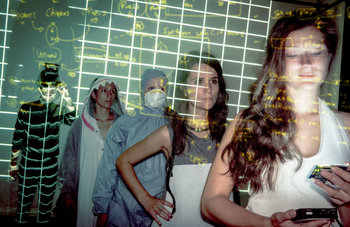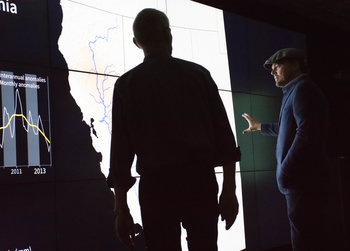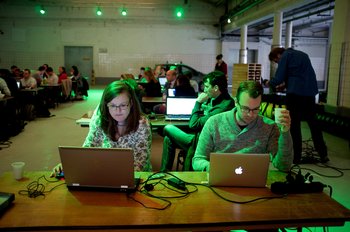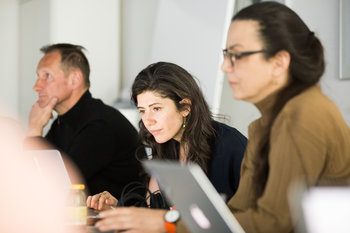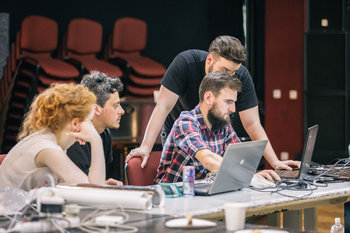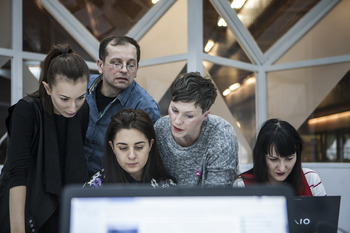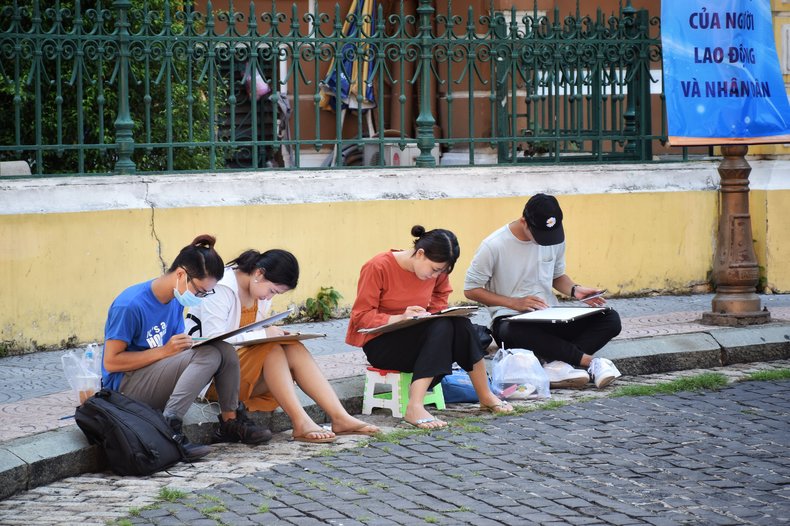
Applying information to decision making | Applying information to problem solving |
Awareness of common biases / fallacies | Categorizing information |
Citations / knowledge of copyright issues | Combining information |
Comparing information | Composing knowledge artifacts (e.g. composing an essay) |
Comprehension of creative expressions such as literature | Creative expressions of information |
Critical thinking | Debating skills |
Differentiating cause and effect | Drawing conclusions |
Evaluating accuracy / precision | Evaluating information context |
Evaluating media motives (e.g. biased information in media such as advertising) | Evaluating the authority and credibility of sources |
Evaluating the implications of information | Evaluating the social / political context surrounding information |
Gathering information | Grasping new concepts |
Identifying and using information resources | Identifying misinformation / disinformation |
Identifying point of view | Identifying the misuse of statistics |
Information analysis | Information goals - setting a goal for what you want to find out |
Information needs - identifying what you need to know | Interpreting data / statistics |
Interpreting visual information | Knowledge of the scientific method |
Known unknowns - being able to identify what you don't know | Language literacy / vocabulary |
Learning skills / Independent learning skills | Mapping information |
Media literacy | Numeracy |
Objectivity - the ability to evaluate information in a neutral way without motivated reasoning, judgement or prejudice | Participating / leading group discussion |
Performing calculations | Primary Research |
Publishing information | Reading comprehension |
Search | Secondary Research |
Summarizing information | Testing ideas / experiments |
Troubleshooting - a systematic search for the source of a problem | Using digital tools |
Using information accurately | Validating sources |
Verbal communication of information | Visual communication of information |
Rights & Responsibilities
Information literacy can be viewed as a responsibility whereby it could be viewed as a civic duty to know how to acquire and evaluate information. The education and tools required to achieve information literacy would then be viewed as a right.| Overview: Information Literacy | ||
Type | ||
Definition | The ability to discover, process, evaluate, organize, use and communicate information. | |
Related Concepts | ||

